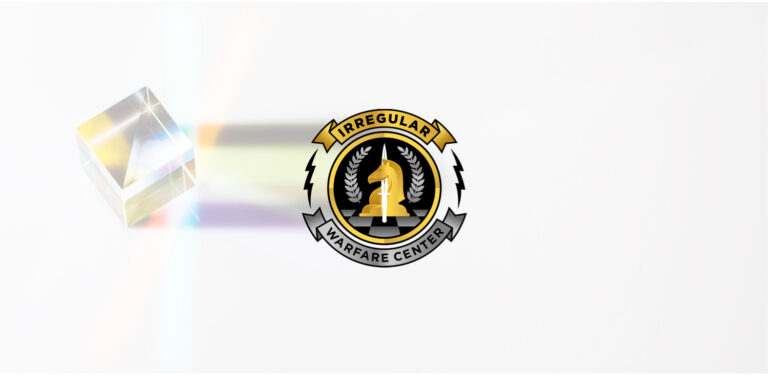In the ever-evolving landscape of irregular warfare, foreign governments recognize the potential of soft power as a means to wield influence, shape global perceptions, and conduct direct and indirect information operations. With a decrease in traditional conflicts and conventional war, the increasing importance of employing irregular warfare, characterized by non-traditional methods and asymmetric tactics, means that nations have recognized the importance of increasingly turning to investment, development, and control in the arena of entertainment as potent tools for projecting soft power and exerting influence both domestically and abroad.
